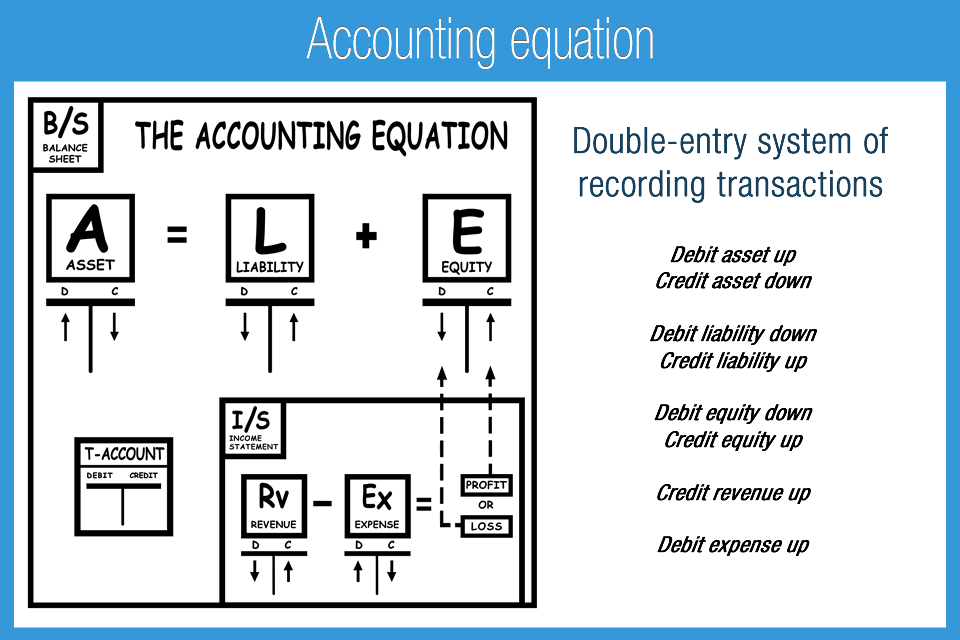
The survey also found that 80% of employees would choose additional benefits over a pay raise. The following sections will delve deeper into the advantages, disadvantages, formation process, taxation aspects, and real-world examples of LLCs. If you’re like most entrepreneurs, you likely have innumerable questions churning Accounting for Technology Companies through your mind, especially if you’ve never started a business before. You don’t have to try to answer those questions alone (in fact, you shouldn’t try to answer those questions alone).
- In larger corporations, decisions may take longer to implement as they require approval from multiple parties.
- The promise of ownership through shares of stock aligns employees’ interests with the company's success, promoting loyalty and long-term commitment.
- To incorporate, you have to file a document, generally referred to as Articles of Incorporation (sometimes called a Certificate of Incorporation) with your state and pay filing fees.
- This is an important advantage of a corporation over a sole proprietorship or partnership.
- Additionally, B-corps must regularly report on their social and environmental performance, which helps maintain ongoing transparency and accountability.
What Are the Disadvantages of an LLC?

It’s crucial to consult with a qualified tax professional or attorney to determine if an S Corporation is the best choice for your specific situation. They can help you navigate the complexities of tax law and ensure you’re making the most informed decision for your business. State law usually doesn’t allow you to form a new business with the same name as an existing one.
Legal Advice on Corporate Advantages

This means that owners are not typically personally responsible for business debts and liabilities. This is an important advantage of a corporation over a sole proprietorship or partnership. A corporation is a separate legal entity from what is an attractive benefit of a corporation? its owners and offers liability protection for each owner’s personal assets. Corporations are generally governed by a board of directors elected by the shareholders.
#15 Stock options
C corporations also boast the ability to raise capital through stock sales, making them ideal for businesses seeking significant funding for growth or expansion. This flexibility in attracting investment fuels innovation and fuels economic progress. Similar to a sole proprietorship, the partnership doesn’t need to form a formal entity but may. A general partnership is best suited for new companies testing the waters before investing in a formal structure. They may want to see how the partners work together and if the company has the merits to be successful.


That being said, corporations have boards of directors and must have annual meetings and have more required filings than other business structures. When choosing a business ownership structure type, think about what you’re protecting, whether or not there will be other owners, whether you plan on getting investors or not and how you want the taxes to be paid. Most people consult with a lawyer and a tax professional before making a final decision on which entity is best. The LLC is more complex to maintain than a sole proprietorship or general partnership, as annual filing requirements exist.
- Additionally, if your long-term goal is to launch a publicly traded company, an LLC might not be the best choice.
- Learn more about LLCs vs corporations to determine which structure is best for your business.
- However, the IRS requires shareholder-employees to be paid a reasonable salary, which is subject to employment taxes.
- Shares for these corporations are not publicly traded, which can make raising capital difficult; however, the owners still have the benefit of limited personal liability.
- Additionally, LLCs face fewer legal formalities and record-keeping requirements, making them an attractive option for small to medium-sized businesses seeking simplicity and protection.
Ultimately, the decision to bookkeeping incorporate hinges on whether the advantages align with your business objectives and if you are prepared to manage the disadvantages. For many small businesses, the benefits of limited liability, access to capital, and enhanced credibility outweigh the challenges, making a corporation a compelling type of business structure to consider. A corporation is a distinct legal entity separate from its owners, which means that the corporation itself can enter into contracts, own assets, incur debt, and pay taxes, much like an individual.
Advantages of Corporations
- The choice between forming an LLC or a corporation ultimately depends on several factors, such as the specific industry, ownership structure, and tax implications.
- In certain cases, both structures might be beneficial to achieve different objectives.
- Corporations are required to disclose extensive information through annual reports, financial statements, and shareholder data, all of which become public records.
- For owners who prefer to keep their personal and business affairs private, this lack of confidentiality can be a considerable disadvantage, potentially exposing strategic and financial details to external parties.
- If you’re interested in learning more about the advantages of corporations, or if you’re ready to start incorporating your business, we encourage you to reach out to our team of experienced attorneys.
- The ability to retain earnings at a lower tax rate within the corporation further enhances its financial flexibility and capacity for strategic investments.
- Keeping accurate financial records, meeting filing deadlines, and adhering to corporate formalities such as documenting board decisions are all essential to maintaining a corporation’s legal status.
Partnerships do not provide this feature, and their profits are taxed as personal income like LLCs. However, businesses must file Form 1065 for partnerships if they have elected to be treated as a corporation (Form 1120 is used in that case). In an LLC, business continuity can be ensured through a business continuation agreement.
When you form an LLC, you gain the exclusive right to use your name as a business entity name in your state, and you also create a public record of your use of the name. The LLC moniker at the end of a company’s name can also lend credibility to a small business. Any individual or entity, including other LLCs, may form an LLC except for banks and insurance companies. Some states do require that the directors of a corporation be a certain age, typically 18 or older. The Corporation Formation Requirements page of our state guides outlines director requirements for each state. To become an S corporation, all shareholders must sign and file a business IRS Form 2553.











